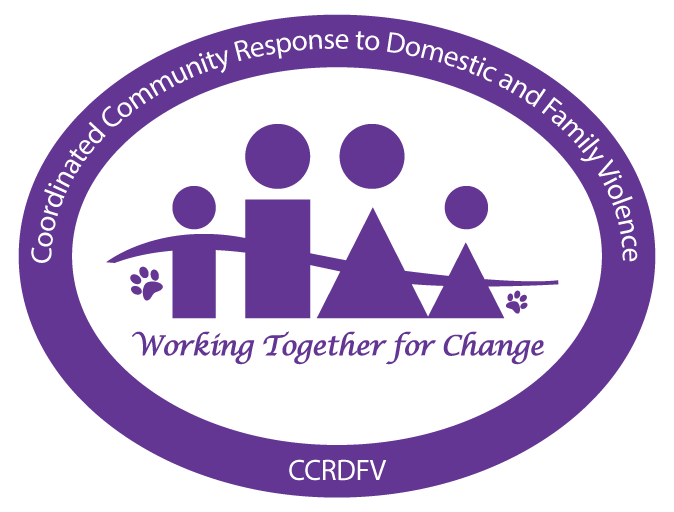What is Domestic Violence?
Domestic violence is an imbalance of power in an intimate relationship. It is where one person uses their power to control the other. This control may be in the form of:
- Physical or sexual abuse – punching, hitting, choking or threatening .
- Emotional or psychological abuse- stalking, insulting comments, blackmailing or extorting, preventing contact with family/friends and controlling appearance.
- Economic or financial abuse – denying, withholding, controlling or misusing money or property, or threatening to do so
- Coercive behaviour – forcing, intimidating or manipulating a person to do things they don’t want to do.
Why Do Domestic Violence Victim’s Stay?
Many victims don’t realise their situation has moved into a space of domestic violence until things are really difficult and they feel embarrassed to admit this. Once the balance of power has shifted, there can be a range of physical factors that prevent the victim leaving: they may be socially isolated with no family or friends to ask for help, they may have little or no access to money, they may be in fear of what the perpetrator will do to their loved ones (family, children, pets). Some times they hope that with positive influences, the behaviour will change. Some don’t even realise they are living in a domestic violence situation as they have known it all their lives so it’s been ‘normalised’.
What is a Domestic Violence Order?
A domestic violence order (DVO) is an official document issued by the court to stop threats or acts of domestic violence. A DVO will use specific language such as ‘respondent’ – the person who has committed the violence – and ‘aggrieved’ – the person who has had violence against them. DVO’s are designed to keep the aggrieved safe by making it illegal for the respondent to behave in specific ways. A DVO is a civil court order so will not appear in the respondent’s criminal history. If, however, they disobey the conditions of the DVO, this will appear on their criminal history.
How Can Domestic Violence Victim’s Get Help?
If you are in urgent need of assistance, call the police on 000.
There are a range of local, state and national support services. DV Connect is a great starting point – Women line is 1800 811 811 and Men line is 1800 600 636.
How Does Domestic Violence Affect Children?
Children who are exposed to violence in the home are also victims of domestic violence. Children who witness domestic violence or are victims of abuse themselves, are at serious risk of long-term physical and mental health problems. Children who witness violence between parents may also be at greater risk of being violent in their future relationships.
Is Domestic Violence a Criminal Offence?
A domestic violence order (DVO) is an official document issued by the court to stop threats or acts of domestic violence.
A DVO will use specific language such as ‘respondent’ – the person who has committed the violence – and ‘aggrieved’ – the person who has had violence against them.
DVO’s are designed to keep the aggrieved safe by making it illegal for the respondent to behave in specific ways.
A DVO is a civil court order so will not appear in the respondent’s criminal history. If, however, they disobey the conditions of the DVO, this will appear on their criminal history.
